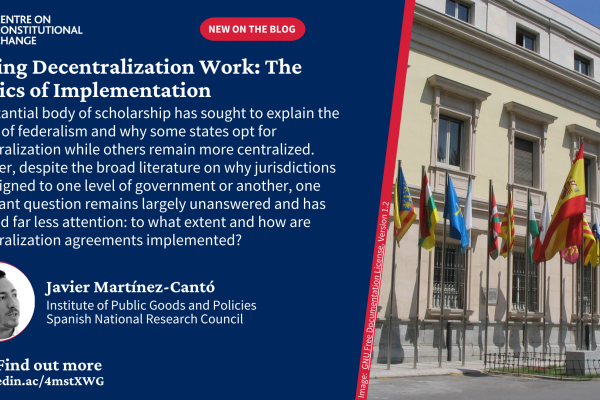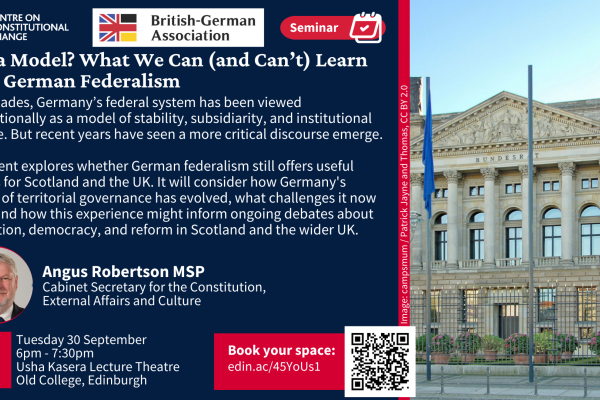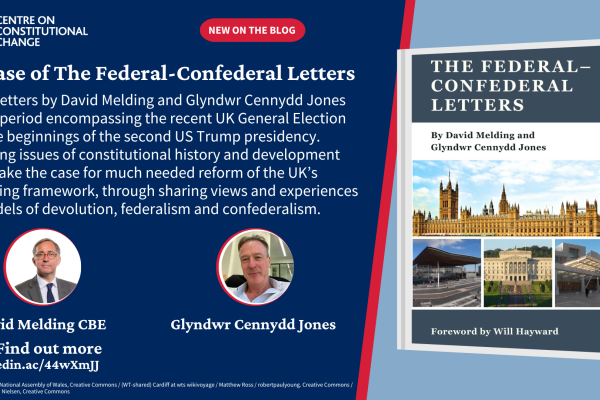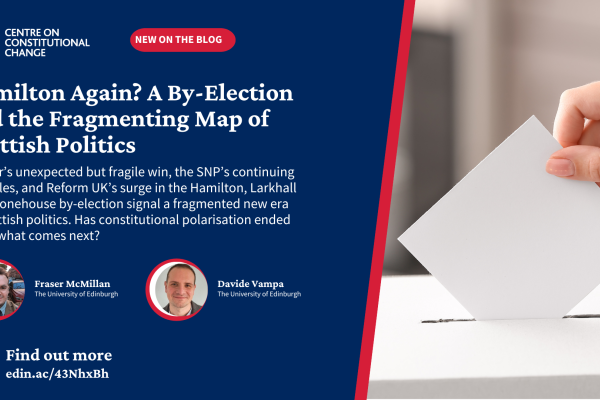
Making Decentralization Work: The Politics of Implementation
19 September 2025 | Centre on Constitutional Change
A substantial body of scholarship has sought to explain the origins of federalism and why some states opt for decentralization while others remain more centralized. However, despite the broad literature on why jurisdictions are assigned to one level of government or another, one important question remains largely unanswered and has received far less attention: to what extent and how are decentralization agreements implemented?






